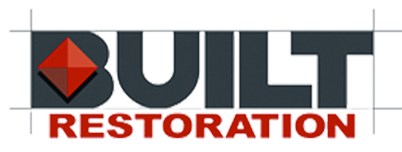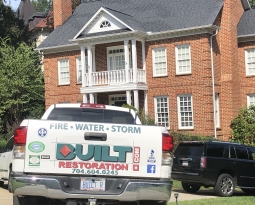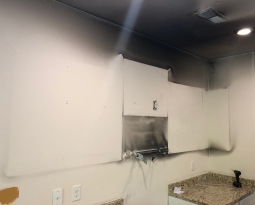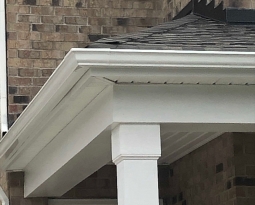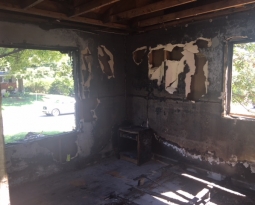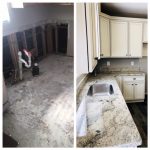
Pros and Cons of using your Insurance’s Property Damage Direct Repair Program Vs. an Independent Contractor
Pros and Cons of using your Insurance’s Property Damage Direct Repair Program Vs. an Independent Contractor
When a homeowner or policyholder suffers a property loss and their insurance adjuster confirms coverage for a portion or all of the loss, many policyholders will be offered a list of Preferred Service Providers or PSP. They often guarantee the work and as a result will arrange to amend any issues if the repair is not completed properly. The companies on a PSP are all vetted for quality and such in order to ensure reliability. Keep in mind that just because your insurance company has a preferred list does not mean that you are required to use said companies. You have the right to choose an independent contractor to review the damages as well.
A preferred vendor also often faces certain limitations in regards to the large insurance companies they work with. They have to agree to work off the insurance company’s price list and are given certain time constraints in order to facilitate a large volume of work. In summation, in many ways the preferred service provider works for the insurance company. In return, the PSP does not have to market as much because they receive a large quantity of work from the insurance company.
Independent restoration companies are not subject to the stipulations that a PSP are in regards to the work being done at a policyholder’s residence. There is no need to hurry up or work off set parameters defined by an insurance company. In actuality, all property restoration companies are held to a standard set by the Institute of Inspection Cleaning and Restoration Certification or IICRC. All insurance restoration is also subject to the same standardized pricing. This ensures quality of work and fair pricing for services provided.
The problems with PSP’s arise when working with or for the insurance company. If the drying time required goes beyond the set parameters, would the insurance company approve that? Where do the further costs fall or is the PSP now working for free? Do they have to move on from your home swiftly to the next claim in order to retain their status on the preferred list? PSP’s are often bending to the will of the insurance company in order to stay on their vendor list. The only thing an independent contractor is subject to are the standards set by the IICRC.
However long it is required to dry the structure that is how long an independent contractor would take, as long as they are still in compliance with the IICRC. This allows an independent contractor to work more directly with the customer and communicate with a large insurance company on their behalf.
Here at Built Restoration, we are very much and independent contractor. We are committed to working for the policyholder and on behalf of the policyholder, in regards to the insurance company. That way we can focus on the issue at hand, perform the services needed in accordance with the IICRC, and do so at fair pricing. We are not subject to the same pressures a PSP would be. As a result, we can provide a much more transparent and personal service to the policyholder.
